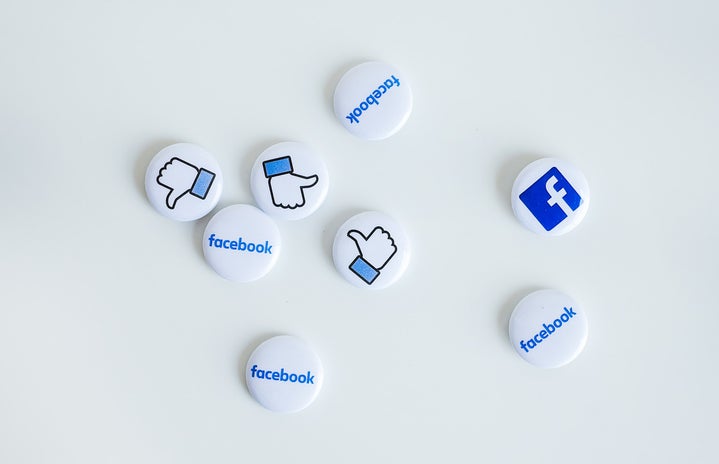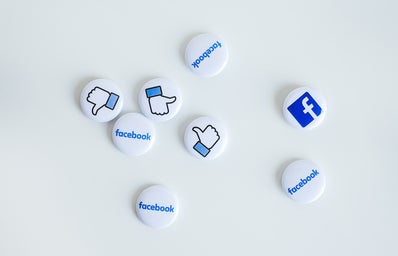I abstained from social media for a week and when I finally joined the networked world again, I was jolted to see that life didn’t stagger to a stop in my absence. Seriously, most people didn’t even notice my disappearance. My mom was happy to see me back on WhatsApp, though. I guess abstaining from social media isn’t such a big deal after all. During the first few days of abstinence, I constantly checked my phone, forgetting that I switched off my WiFi and data so that I couldn’t receive WhatsApp messages. The only thing worse than refraining from checking my phone was the disappointment I felt when I checked my phone and saw no new messages. There’s actually a scientific reason behind the compulsion we feel to check social media constantly. We get addicted to the surge of pleasure derived from the anticipation of a message.
I asked a few UCT students how much time they approximately spend on social media every day, and the answers ranged from “around two and a half hours” to “most of my day is actually dedicated to social media.” When I asked students what negative experiences they have had with social media, a fifth-year med student said, “people WhatsApp calling at odd hours, people expecting swift replies when I’m busy, and the notorious ‘share otherwise you’ll die’ chain messages.” A third-year Humanities student said that “I know someone who ended up committing suicide due to social media [because of] cyberbullying.”
However, social media has some redeeming qualities. Scrolling through your Facebook feed looking busy, instead of awkwardly staring into space while you’re waiting for your Tinder date to show up. For most of us, abstaining from social media completely is impractical and unrealistic. There are definitely benefits to reducing your social media usage, however. My most precious social media-free moments during my week without social media were the following:
1. Mornings were ‘me’ time. There is nothing better than relaxing in bed with a cup of coffee and self-destructive thoughts for company before you start your day. It’s still better than seeing annoying status updates.
2. Making meals mindfully. Cooking becomes exceptionally therapeutic when it isn’t interrupted by social media.
3. Going to bed earlier. Refraining from social media can leave a void, which I filled by going to bed earlier than usual. Reducing screen time before bed also made me sleep better.
Social media is embedded in our lives. The students I talked to use social media for a variety of reasons. A Humanities student said they use social media to “express myself to a larger audience.” Another student said one of the reasons they use social media is “to communicate information about group projects and campus-related work.” It might not be realistic or practical to quit social media stone cold, but reducing your usage is definitely worth a try.
My week without social media was an eye-opener. I realized how strong my need for instant gratification, such as checking WhatsApp messages immediately, really is. I also realized that the world won’t end, whether I don’t reply in five minutes, or even five days.


